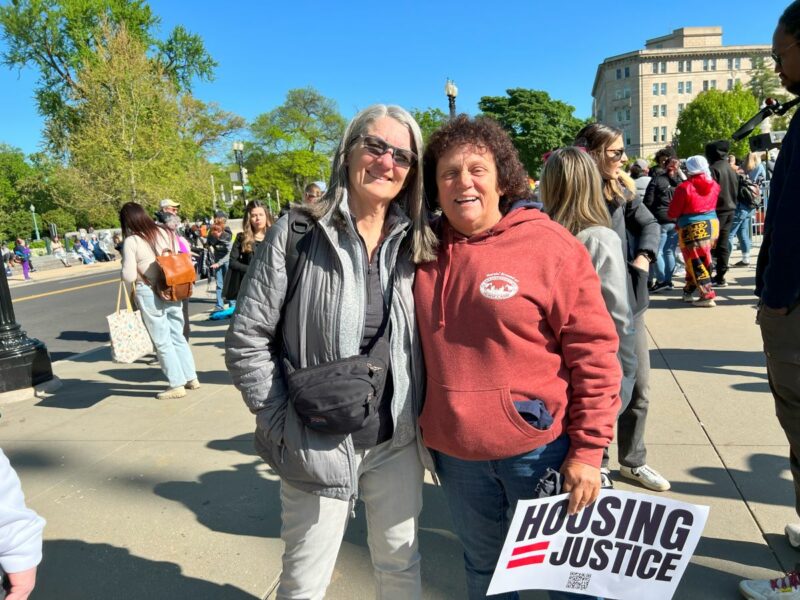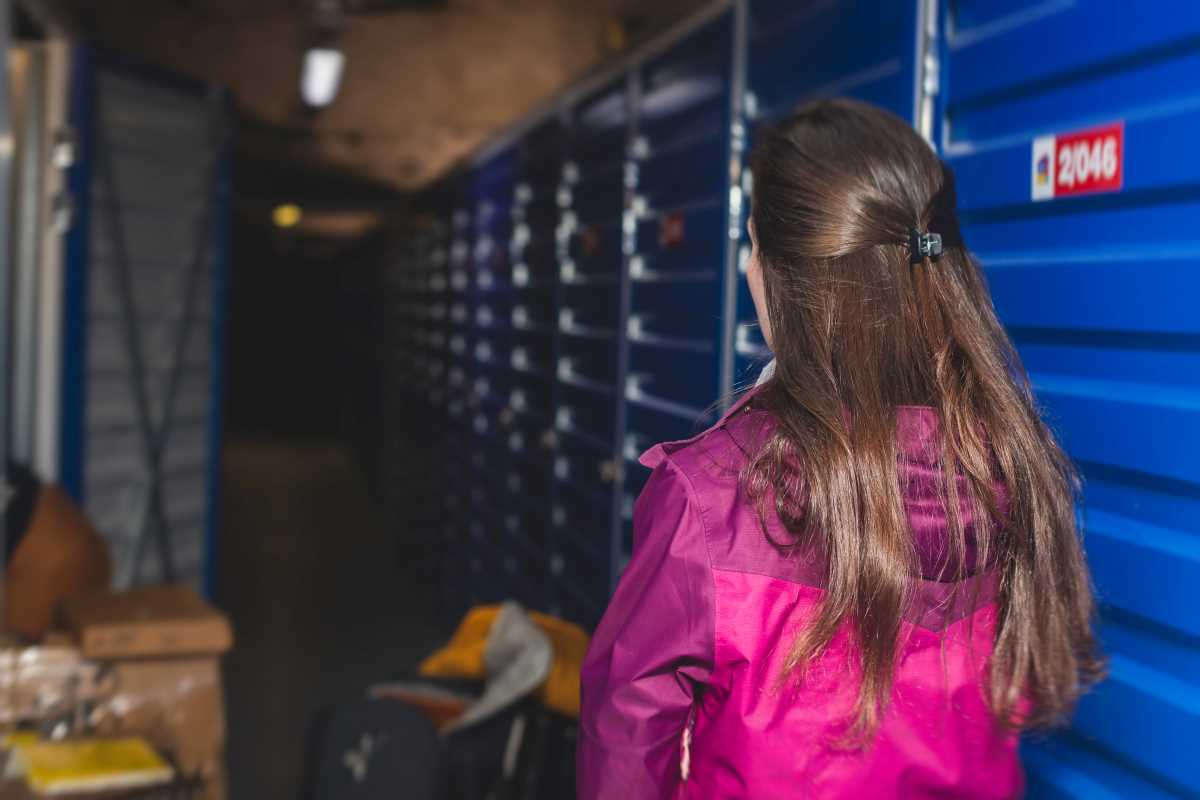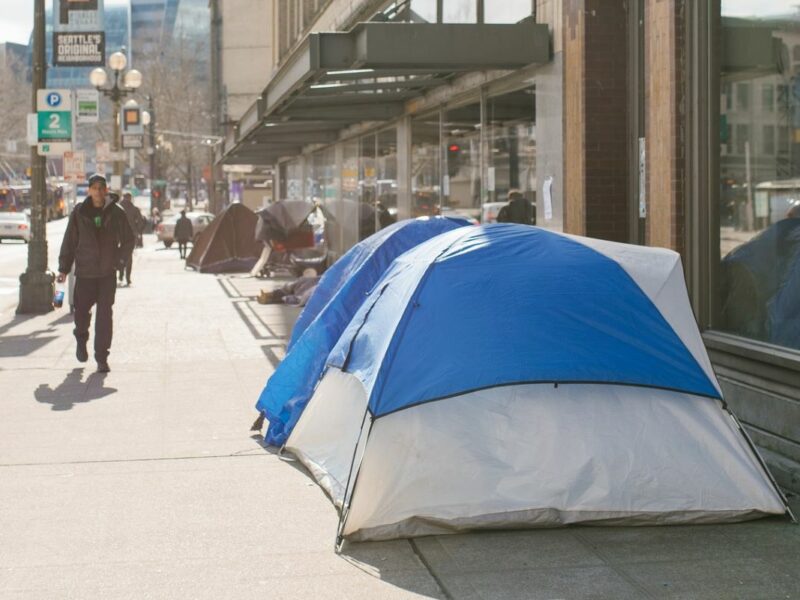So often, when people become homeless, they lose most if not all of their belongings. Some are fortunate enough to have a storage unit when they become homeless or obtain one upon eviction, allowing them to store some belongings. Storage is a constant issue of debate, though.
In my experience, the public feels storage is a luxury homeless people do not deserve. They seem to believe if you lose your house, you should lose everything else, too.
Take a phone, for example. “What does a homeless person need with a phone?” many judgmental people ask with sarcasm.
How about safety! Anyone carrying a phone is safer than anyone who is not carrying a phone. You don’t even need to be homeless to appreciate that.
Furthermore, the phone is a tool for:
- Finding housing
- Signing up for services and programs
- Finding a job
- Ordering an ambulette to a medical appointment
- Checking food stamp balance and other social services
And yes, using social media to either stay in touch with family and friends, do fundraising to survive, or using it as a platform to raise awareness about the rapidly growing housing crisis.
Many homeless people receive phones with a basic plan and limited data through a program called Lifeline. It is not the latest iPhone with a G5 unlimited plan.
Some homeless people are fortunate enough to be included in a family plan through a friend or family member. While they cannot house the person, they are kind enough to include them on their phone plan.
Considering most homeless people don’t have unlimited data or an easy way to charge their phones, they are unlikely to use their phones for frequent recreation. However, if you listen to public ridicule, homeless people shouldn’t have phones at all. This same attitude applies to storage.
Some people are fortunate enough to have a storage unit paid for by family or friends. Even if an individual is paying for their storage unit – from social security or wages – keeping storage is significantly cheaper than renting a place to live. It’s the middle ground that might make the difference between losing everything you own and keeping at least some of your things.
Why is it okay that if a person loses everything in a fire, people pity them? But if that same person loses everything because they can’t afford their apartment or house, then suddenly there is no pity?
It’s as if they deserve to lose it all if they can’t afford to keep a roof over their head. The implication is that losing their home or apartment is a consequence of their own making, whereas the fire was an accident and thus should invoke pity.
There also exists a faction of people who hate the idea of storage. Their attitude is that if your home doesn’t have enough room to store everything, you should get rid of the overflow, not store it. To them, storage is a waste of money. Of course, this argument is often made by people who tend not to be sentimental or have a large enough house, so they don’t need storage.
If you are looking for storage, remember to take the elements and pests into consideration. Heat, cold, dampness, rodents, insects, and mold can destroy belongings.
Additionally, if you are storing items for frequent use, be sure to organize them logically. You want to be able to locate items quickly and store them safely. When I became homeless, I already had storage with plastic storage tubs for things that would get moldy if in a cardboard box. Where I do have cardboard boxes, the boxes are elevated on slats of wood and are not on the concrete ground that promotes mold.
People sometimes live out of their units and might even sleep in them (though most storage facilities do not allow this). I cannot live in storage. However, storage allows me to have a home base. I can keep winter things out of my van in the summer. It means having clean clothes, towels, and sheets in safely stored bins. I can house merchandise that I might be able to sell online.
I see other homeless people who live in their vehicles at their storage units. We all feel the same: we wish for a real home. But we are grateful to have storage at least.
For those of us forced to live out of a vehicle, storage units represent a sort of hope. Maybe this situation is temporary. If you wait it out long enough, you’ll find a place to live where you can bring your stuff.
It’s the hope that our life isn’t over, just on pause. That one day, you’ll be back in a natural home, and all your precious belongings will be back with you in that home.
Sure, household goods and furnishings can be replaced easily enough and probably not worth storing. But you cannot replace your grandma’s antique sewing machine that she sat at making you doll clothes. You cannot replace that bathrobe your dad was wearing when he passed on, the one you can hug when you are scared and alone and missing him.
Storage might not be a priority or an option for everyone, but it should be an individual choice that isn’t judged. Minimalist living is great if it works for you, but it doesn’t work (for example) for people who do crafting and sewing and need a room full of art supplies, fabrics, and sewing supplies.
Bottom line: when you’re homeless, don’t expect much compassion. You can, however, rely on an abundance of judgment regarding pretty much everything.











